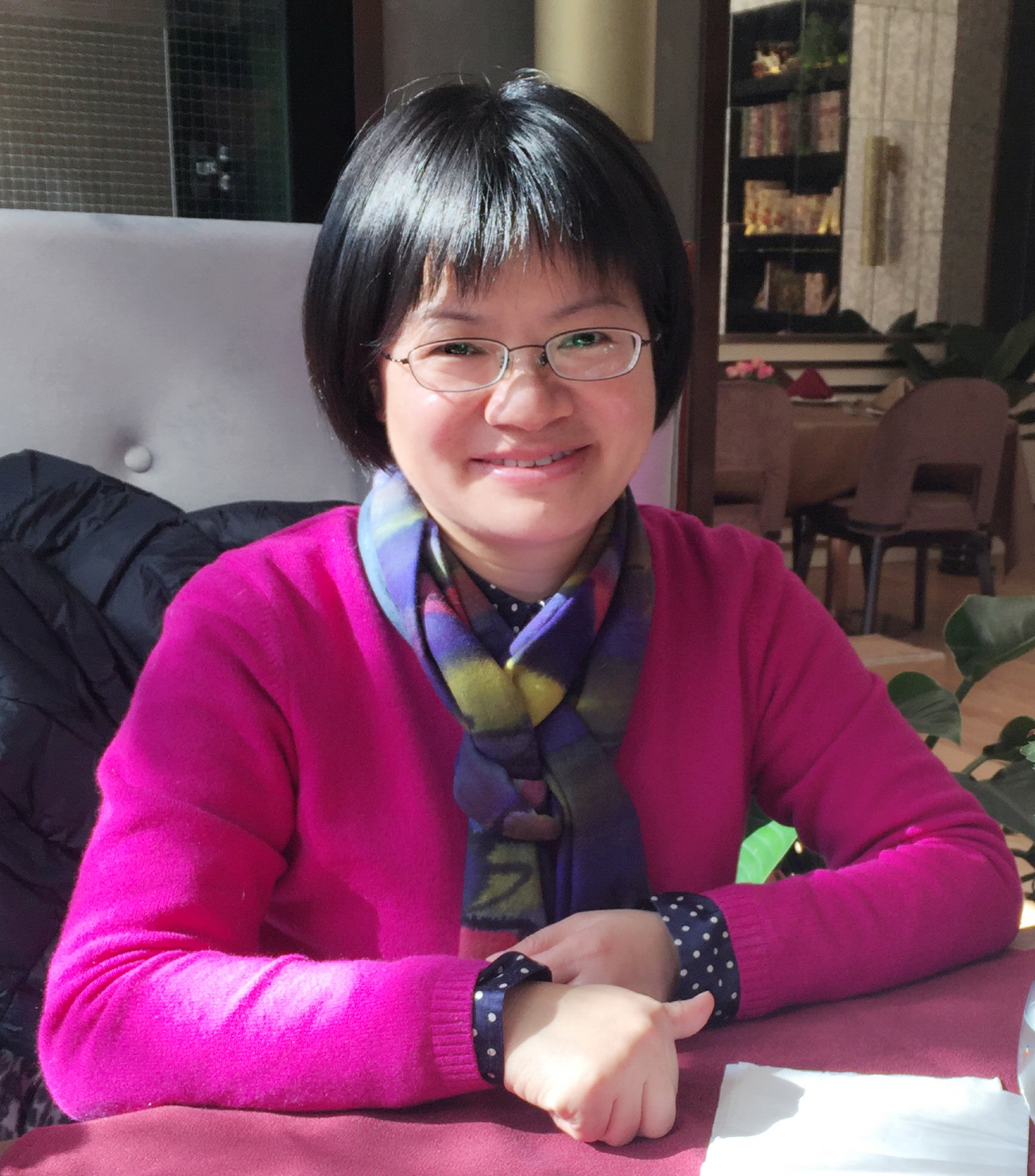使用账号密码登录
Welcome Back
使用表单注册
Welcome Back
Brief Introduction
Dr. Mo-Fang Liu is the Professor and Principal Investigator in Shanghai Institute of Biochemistry and Cell Biology, Chinese Academy of Sciences (CAS). She received her Bachelor and Master’s degree in Biochemistry from East China University of Sciences and Technologies, Shanghai, in 1991 and 1994, respectively. She obtained her Ph.D degree from Shanghai Institute of Biochemistry, CAS, in 2000. From 2000 to 2006, she was a postdoctoral fellow in National Cancer Institute, NIH, and then as a research assistant in Johns Hopkins University School of Medicine. She joined in Shanghai Institute of Biochemistry and Cell Biology in 2006. The major research interests in her group are the roles and mechanisms of small noncoding RNAs, including PIWI-interacting RNAs (piRNAs) and microRNAs (miRNAs). The goals of ongoing projects in the laboratory are to gain new insights into the physiological and pathological roles of small noncoding RNAs in mammal spermatogenesis, human male infertility, and cancers.
5 selected publications
1) Li F, Yuan P, Rao M, Jin CH, Tang W, Rong YF, Hu YP, Zhang F, Wei T, Yin Q, Liang T, Wu L, Li J, Li D, Liu Y, Lou W, Zhao S*, Liu MF*. piRNA-independent Function of PIWIL1 as a co-activator for Anaphase Promoting Complex/Cyclosome to Drive Pancreatic Cancer Metastasis. Nat Cell Biol, 2020, 22:425-438.
2) Wang X, Li ZT, Yan Y, Lin P, Tang W, Hasler D, Meduri R, Li Y, Hua MM, Qi HT, Lin DH, Shi HJ, Hui J, Li J, Li D, Yang JH, Lin J, Meister G, Fischer U, Liu MF*. LARP7-Mediated U6 snRNA Modification Ensures Splicing Fidelity and Spermatogenesis in Mice. Mol Cell, 2020, 77:999-1013.
3) Dai P, Wang X, Gou LT, Li ZT, Wen Z, Chen ZG, Hua MM, Zhong A, Wang L, Su H, Wan H, Qian K, Liao L, Li J, Tian B, Li D, Fu XD, Shi HJ*, Zhou Y*, Liu MF*. Translation-Activating Function of MIWI/piRNA during Mouse Spermiogenesis. Cell, 2019, 179:1566-1581.
4) Gou LT, Kang JY, Dai P, Wang X, Li F, Zhao S, Zhang M, Hua MM, Lu Y, Zhu Y, Li Z, Chen H, Wu LG, Li D, Fu XD, Li J, Shi HJ*, Liu MF*. Ubiquitination-deficient Mutations in Human Piwi Cause Male Infertility by Impairing Histone-to-Protamine Exchange during Spermiogenesis. Cell (2017), 169:1090-1104.
5) Zhao S, Gou LT, Zhang M, Zu LD, Hua MM, Hua Y, Shi HJ, Li Y, Li JS, Li DS, Wang ED*, Liu MF*. piRNA-triggered MIWI ubiquitination and removal by APC/C in late spermatogenesis. Dev Cell (2013), 24: 13-25.
The roles of PIWI/piRNAs in gene expression and diseases
PIWI proteins and their interacting piRNAs are specifically expressed in animal germlines and play essential roles during gametogenesis in animals. The primary function of PIWI/piRNAs are to silence transposable elements to protect the genome integrity in animal germlines, whereas they are also involved in regulating protein-coding genes in animal germ cells. In particular, we show that mouse PIWI (MIWI)piRNA plays a dual role in regulating target mRNAs in mouse spermatids through interacting with different co-factors, including translationally activating a subset of ARE-containing mRNAs in round spermatids and inducing massive mRNA degradation in late spermatids. By sequencing human Piwi (Hiwi), we identified multiple Hiwi mutations in infertile patients and further demonstrated that such mutations play causative roles in male infertility, indicating Piwi as a factor in human infertility. Moreover, we reported that PIWI, which is aberrantly expressed in human tumors, functions as an oncoprotein in a piRNA-independent manner in cancer cells.

